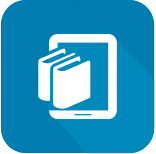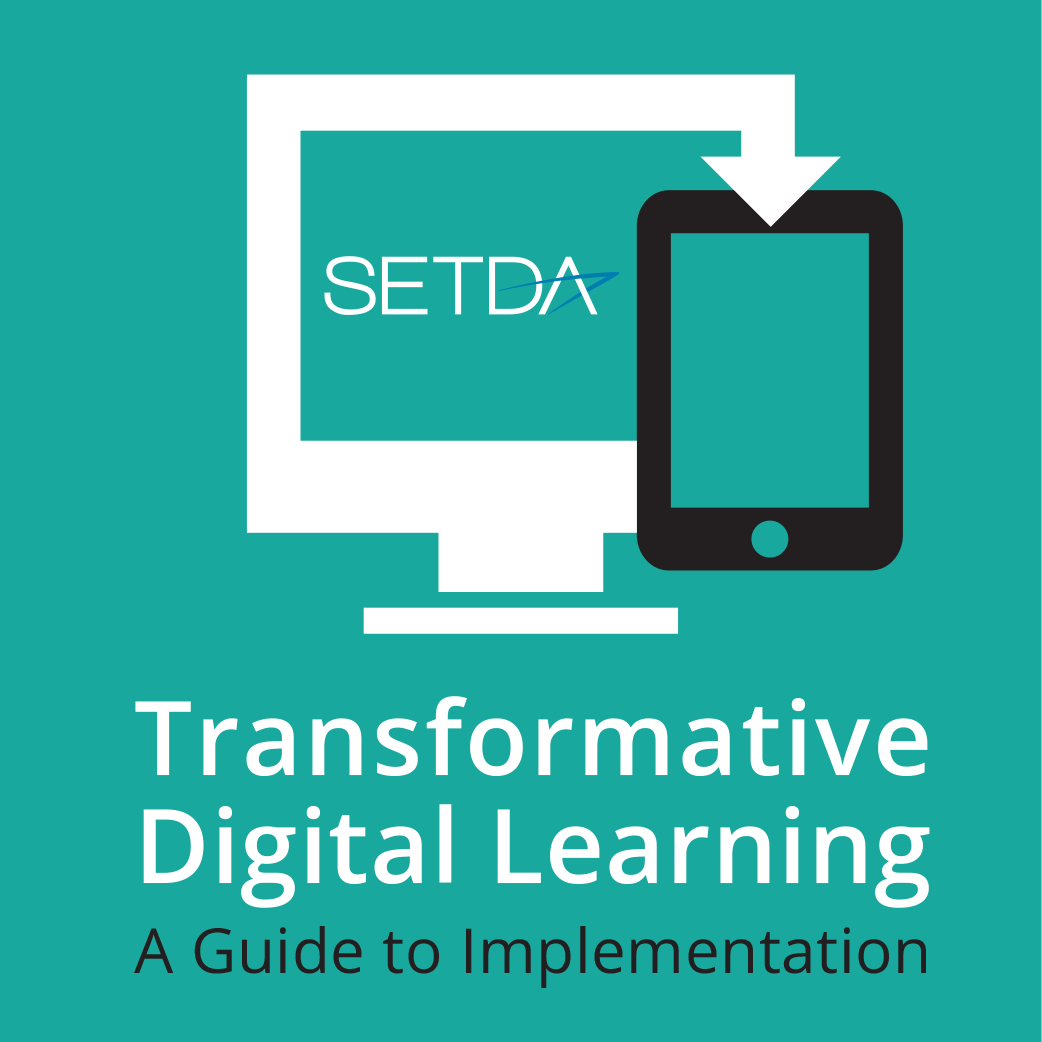

Guide to Quality Instructional Materials
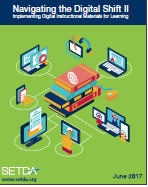
Navigating the Digital Shift II: Implementing Digital Instructional Materials for Learning.
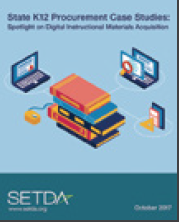
State K12 Procurement Case Studies: Spotlight on Digital Materials Acquisition
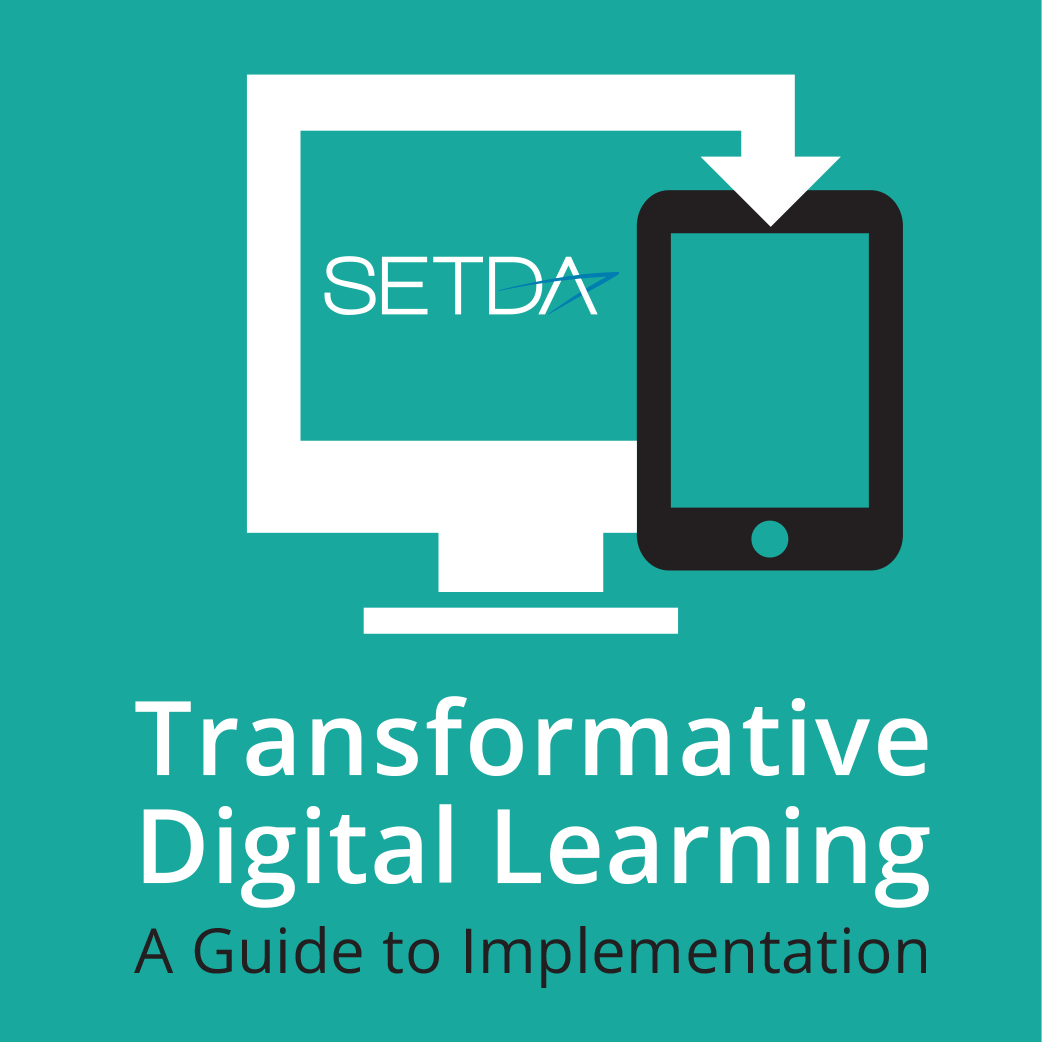
Transformative Digital Learning
Roadmap for 21st Century Learning Environments
Digital Learning Plans
Strategic planning is essential to achieve our goals for learning in the digital age. Strategic planning embraces the general structure of any thoughtful, systematic process. That is, stakeholders begin with a gap analysis or needs assessment, then define goals, activities, timelines, and outcomes to address the needs and finally evaluate whether needs were met.
Conduct a Needs Assessment
As part of the strategic planning process, states and districts should conduct a needs assessment, environmental scan, or evaluation of conditions for success. This leads to action planning that defines the audience served, professional development and resources needed to carry out the technology plan.Define Goals, Objectives and Activities
- Develop specific goals, objectives, and activities/strategies that transform teaching and learning and align to the district’s strategic plan and results of needs assessments
- Ensure that state and federal requirements and expectations are included in goals, objectives, and strategies.
- Include a timeline to help ensure that goals and objectives are met in a reasonable time frame
- Communicate with education stakeholders the timeline for implementation and expected results
- Identify the person and/or departments responsible for each activity
- Include a process for aligning activities/strategies with curriculum standards
- Include well-defined strategies for evaluation, assessment, and accountability
- Incorporate new instructional approaches and communication models in the plan
Conduct an Evaluation
- Develop a process for measuring the effectiveness of the plan based upon metrics that were included in the goals, objectives, and activities
- Include dedicated time for planning, collaboration, communication, feedback, and adjustment during the plan’s implementation
- Determine formative and summative methods for evaluation, including online measures to document progress and achievements
- Infrastructure
- Devices
- Technology & Hardware
- Platforms
- 1:1
- Funding
- Human Capacity/Professional Learning
- Content, Instruction, Assessment
- Virtual Courses
- Local innovations
- Regional/state support
- Communication
- Procurement
- Empowering Leadership
- Data and Privacy
Facilitator Guide
The Facilitator Guide – Essential Components provides education leaders with the information and resources they need to conduct a professional learning session. Participants will:
- Hear from your colleagues on how technology supports their student learning goals.
- Explore federal policy shifts around transforming learning in the digital age.
- Examine exemplar digital learning plans and identify common components across the plans.
- Create a digital learning plan that can be used as model in your state or district.
- Develop and maintain relationships with other state leaders.
Key Questions
- Where is your state/district in the development of a digital learning plan?
- Do you plan to develop a digital learning plan in the next 6 months? Next 12 months?
- What factors hinder your planning process? Leadership? Staff time?
- How are you considering equity issues across your state/district?
- What funding options are you considering?
- Is your state/district considering competency-based education?
- How are you addressing personalized learning in your state/district?
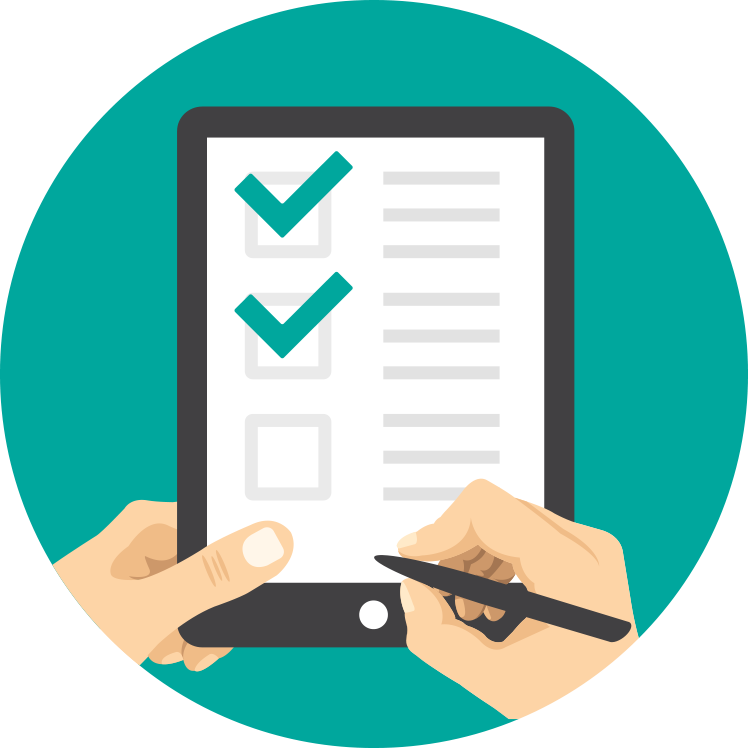
Facilitator Guide – Logistics

Future Ready Schools: Interactive Planning Dashboard
A free interactive planning tool that provides ongoing support to district and leadership teams who take the Future Ready Schools Pledge.